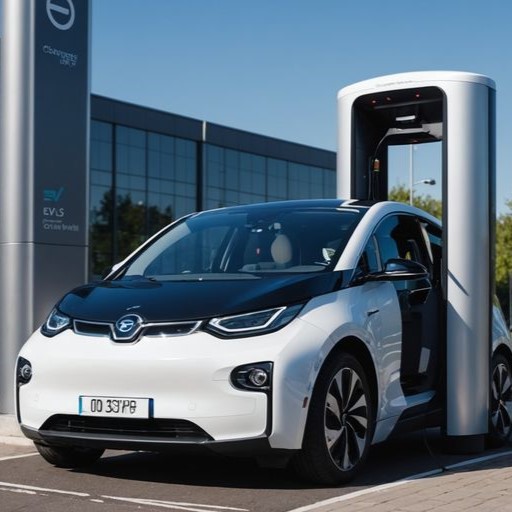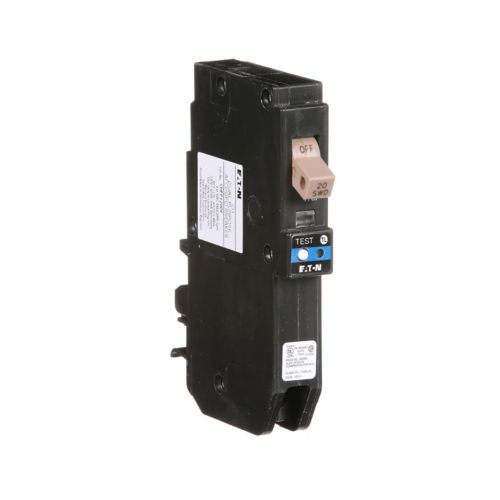How To Install Home Lighting & Chandeliers
Installing lighting fixtures and chandeliers can seem like a daunting task, but with the right tools and a bit of guidance, you can transform your space with beautiful lighting. This guide will walk you through the process, from choosing the right fixtures to troubleshooting common issues. Key Takeaways Always assess your lighting needs before purchasing fixtures to ensure they meet your requirements. Prioritize safety by turning off the power and using proper tools during installation. Follow step-by-step instructions for both ceiling lights and chandeliers to ensure a secure fit. Regular maintenance and cleaning will extend the life and performance of your lighting fixtures. Troubleshoot common issues like flickering lights and loose fixtures to maintain optimal lighting. Choosing the Right Lighting Fixtures Assessing Your Lighting Needs Before picking out any lighting, think about what each room needs. For a living room, versatility and ambiance are key. Consider a combination of overhead lighting, such as a fan/light combination, flush mount, chandelier, or other fixtures. In a kitchen, bright task lighting is essential, while bedrooms benefit from softer, more relaxing lights. Types of Lighting Fixtures There are many types of lighting fixtures to choose from: Ceiling Lights: These include chandeliers, pendant lights, and flush mounts. Wall Lights: Sconces and wall lamps fall into this category. Portable Lights: Think table lamps and floor lamps. Recessed Lights: These are installed into the ceiling for a sleek look. Energy Efficiency Considerations When choosing lighting fixtures, it’s important to think about energy efficiency. LED lights are a great option because they use less energy and last longer than traditional bulbs. Look for fixtures that are compatible with LED bulbs to save on energy costs in the long run. Choosing the right lighting fixtures can make a big difference in how your home looks and feels. Take your time to assess your needs and explore different options to find the perfect fit. Preparing for Installation Gathering Necessary Tools and Materials Before you start, make sure you have all the tools and materials you need. Here’s a list to help you get started: Screwdriver Wrench Pliers (with rubber-coated handles) Colored tape (or masking tape & pen for labeling) Wire connectors Wire stripper Fan brace or heavy-duty electrical box Mounting strap Stepladder Assistant (recommended) Having these items ready will make the process smoother and quicker. Ensuring Electrical Safety Safety is the most important part when working with electrical systems. Always turn off the power at the circuit breaker before you begin. Use a voltage tester to make sure the wires are not live. If you’re not sure about the wiring, it’s best to hire a professional. Measuring and Marking Installation Points Accurate measurements are key to a successful installation. Measure the area where you plan to install the fixture and mark the points where you’ll need to drill or attach hardware. This will help ensure that your new lighting fixture is securely and attractively placed. Taking the time to measure and mark correctly can save you a lot of hassle later on. Double-check your measurements to avoid mistakes. Installing Ceiling Lights Removing Existing Fixtures First, turn off the electricity to the room at the main circuit breaker. As an extra safety step, turn off the light switch on the wall. Use a non-contact voltage tester to make sure the power is off. Working with electricity can be dangerous, so always follow safety guidelines. Next, remove the old light fixture. Unscrew the fixture from the ceiling and disconnect the wires. Be careful not to damage the wires, as you’ll need them for the new fixture. Installing Mounting Hardware Before you install the new light, you need to put in the mounting hardware. If the fixture is under a ceiling joist, use a pancake-style box. These are round metal boxes that can hold heavy fixtures. Attach the box to the ceiling joist with the screws that came with it. Make sure the wires go through the hole in the side of the box so you can reach them later. Connecting Electrical Wires Now it’s time to connect the wires. Match the wires from the ceiling to the wires on the new fixture. Usually, this means connecting black to black, white to white, and green or copper to the ground wire. Use wire nuts to secure the connections. Once the wires are connected, tuck them into the ceiling box. Tip: Insert the adjustable-length box bar into the ceiling hole and twist until its teeth bite into the ceiling structure. Use a hanging clip to connect the wires. Finally, attach the new fixture to the mounting hardware. Make sure everything is secure before you turn the power back on. Test the light to make sure it works properly. Installing Chandeliers Selecting the Right Chandelier Choosing the perfect chandelier involves considering the room’s size, style, and ceiling height. Ensure the chandelier complements the room’s decor and provides adequate lighting. Measure the room to determine the appropriate chandelier size. Assembling the Chandelier Before mounting, assemble the chandelier by screwing all parts together, except for the canopy that attaches to the ceiling. Avoid installing the light bulbs at this stage to make the process easier and safer. Mounting the Chandelier Install a mounting strip to your junction box if one isn’t already in place. This metal bar should come with your chandelier or can be purchased at a hardware store. Thread the chandelier wires through each section, including the chain links and the metal canopy that covers the electrical box. Connect the wiring: black to black, white to white, and bare/green to bare. As a safety measure, wrap electrical tape around each individual wire connector. Bolt the chandelier into place by screwing in the bolts or lock nuts to secure it to the ceiling. This process may vary depending on your chandelier model, so refer to the instructions for specific attachment points. Take your time to ensure each step is done correctly. Rushing can lead to mistakes and potential safety hazards. By following these steps, you
How To Install Home Lighting & Chandeliers Read More »











